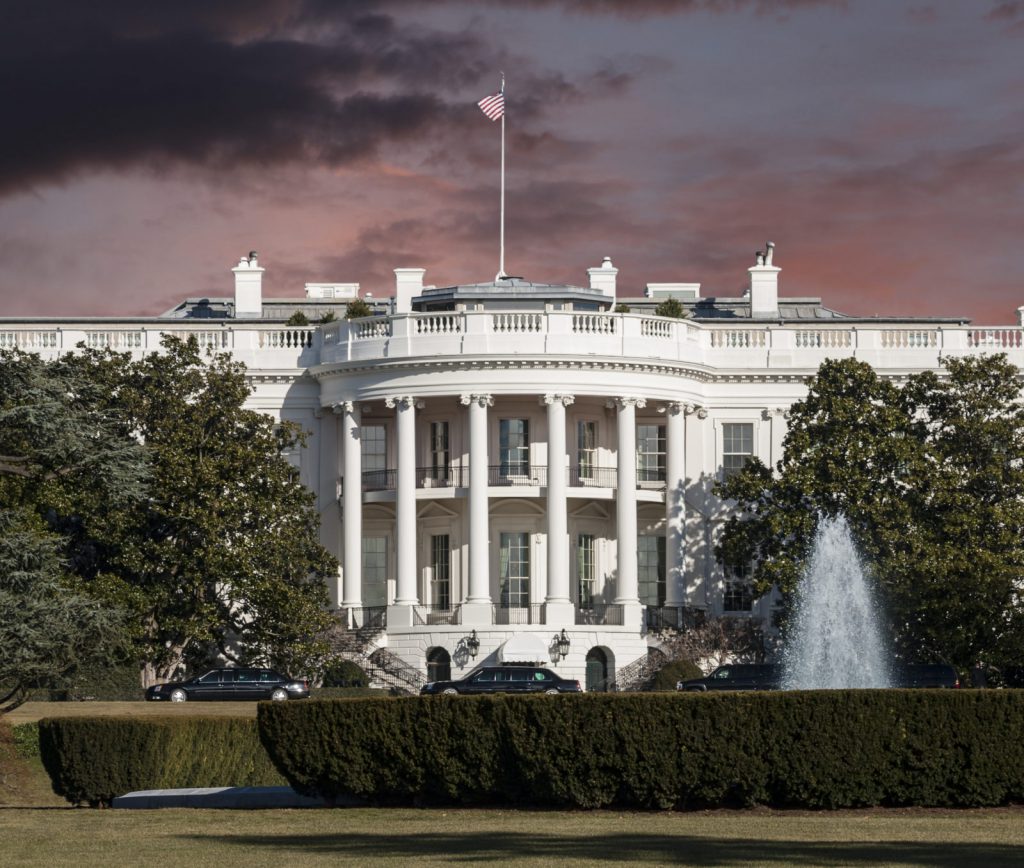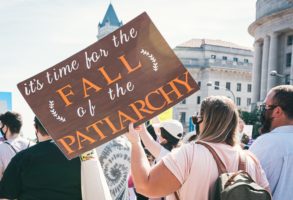
Published October 11, 2019
Donald Trump is testing whether he can claim immunity from the rule of law. That’s the plain meaning of the announcement that his administration will not cooperate in any way with the House impeachment inquiry.
The letter released by White House Counsel Pat Cipollone brands the impeachment inquiry a “kangaroo court” and an “effort to overturn the 2016 election. . . . President Trump and his administration cannot participate in your partisan and unconstitutional inquiry under these circumstances.”
Nearly everything in that statement is false. Cipollone now joins a long line of sycophants who have offered up their integrity on Trump’s altar. “Unconstitutional?” It’s hard for something to be unconstitutional when it’s explicitly mentioned in the Constitution. Check Article II, Section 4. An effort to undo the 2016 election? Even in the unlikely event that Trump were removed from office, it would be Mike Pence, not Hillary Clinton, who would assume office. Partisan? Half true. Some Republicans have been mouthing Trump talking points, but others have expressed serious concernabout Trump’s abuse of office. Besides, impeachments have always featured a heavy dose of partisanship. That neither delegitimizes nor explains them. Forty-three out of 45 presidents have managed to avoid impeachment (Nixon resigned) despite ever-present partisanship.
As for the proper body to investigate presidential wrongdoing, as the Washington Post’s James Hohmann notes, Trump is arguing that Congress has no authority to investigate him through impeachment, and arguing the exact opposite in another case. The Manhattan district attorney is seeking Trump’s tax returns. There, Trump is contending that the court lacks jurisdiction because “the Framers” had established impeachment as the sole recourse to hold presidents accountable.
Let’s consider accountability. We hear constantly that the verdict of the voters should not be lightly overturned. True. But the Founders knew that power was dangerous, and elections were only one way that they devised to prevent its abuse. They divided powers among the branches. They staggered the terms of senators to permit some to be more insulated than others from transitory public passions. They devised an Electoral College to prevent the largest states from exercising all the power in choosing presidents, and — this is often forgotten — to buffer the judgments of the populace on selecting the chief executive. (The last function of the EC is no longer in use.) And they authorized the Congress to impeach presidents and others.
The Constitution refers to “treason, bribery, or other high crimes and misdemeanors,” leading many to ask “Where’s the crime?” But there need not be a crime. If the president were to announce tomorrow that he planned to submit all major decisions to Recep Erdogan before acting, that would not be a crime, but few constitutional scholars dispute that it would be impeachable.
Declining to abide by lawful subpoenas is a direct challenge to the rule of law. It is far from the first. Trump has disfigured the pardon power to reward friends. He has twisted trade law into unrecognizable shape by claiming that “national security” required tariffs on Canadian steel. He has declared a state of emergency to fund a notional wall at the southern border — flouting the explicit will of Congress — while acknowledging on the same day that the emergency was bogus.
He has expanded the concept of executive privilege to apply to those who never worked in the White House. He has demanded personal loyalty from career civil servants. He has instructed aides to confiscate Americans’ property along the border, promising that if they run into legal trouble, he will pardon them later. He told border agents to turn away all asylum seekers. If an inconvenience, like U.S. law, should arise, he added, they were to say, “Sorry judge; we don’t have the room.”
He has suggested that guns be taken without due process. “Take the guns first,” the Red Queen president said, “go through due process second” — which vitiates the whole concept of due process. And he may even think this is legitimate. Speaking to Turning Point USA in July, Trump said, “Then, I have an Article II, where I have the right to do whatever I want as president. But I don’t even talk about that.”
As someone who warned in 2013 about a “dangerous new level of government by decree,” I don’t need lectures about how it didn’t start with Trump. But this level of flagrant norm-shattering and proud lawbreaking demands more than tut-tutting. Along with the shakedown of foreign countries to get dirt on opponents, Trump is demonstrating that he truly believes he is above the law. A nation of laws cannot tolerate that.
© 2019 Creators.com
Mona Charen is a syndicated columnist and a senior fellow at the Ethics and Public Policy Center.








